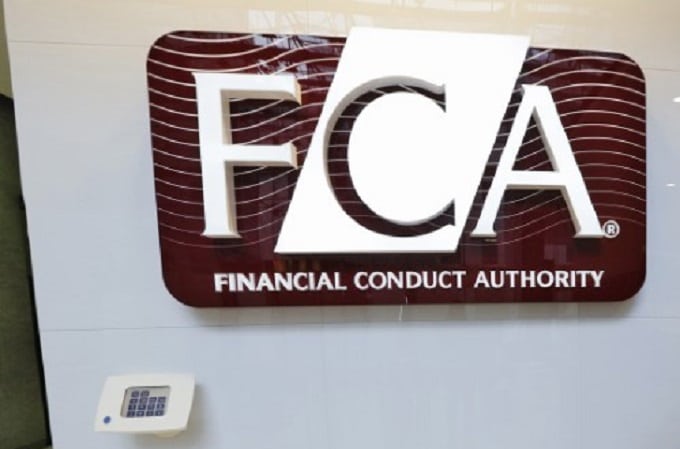The FCA reviewed 84 potential closet tracker funds and revealed that 64 of them were required to make it clearer to consumers “how constrained they are”, but refused to name them.
The relevant funds were advised to improve their disclosures and marketing material to ensure that both existing and new investors have improved understanding of the fund when taking their investment decisions, an FCA spokesperson said.
But the regulator refused to tell Portfolio Adviser which funds it had taken action against or the criteria it used to determine which funds it deemed to be at fault.
Gina Miller, co-founder of SCM Private, a London-based investment boutique, said the asset managers should be named “in the interest of transparency and consumer protection”. “Shame on the FCA,” Miller said.
She said their True and Fair Campaign first published research into closet indexation calling it a UK epidemic in September 2013.
Miller added that £34m was a “derisory sum”, stating that when they updated their closet indexation research in February 2015 the 10 worst UK funds had been found to cost investors £346m in terms of under-performance when compared to similar index funds during 2014 alone.
That research found more than a third of the UK funds (36%) are “no more than expensive copies of index funds”, Miller said.
The Danish regulator investigated closet indexation in September 2014 and found that 56 of their 188-active equity mutual funds were not active, according to Miller.
In 2014, the European Securities and Markets Authority (ESMA) entered discussions with the 28 national regulators, including the FCA, to assess whether closet tracking is a bigger problem at a single country level or is a Europe-wide concern.
An Investment Association (IA) spokesperson said they have set out a number of proposals to the FCA to make information about investment objectives, as well as the associated charges and transaction costs, accessible and transparent.
“It is absolutely right that savers and investors should be able to see clearly what a fund is setting out to deliver, what it then does deliver, and the cost,” they said.
Better late than never
However, others wanted to give the FCA credit where credit’s due. Andy Agathangelou, founder of Transparency Task Force, describes the action as “hugely positive news for investors”, but admits questions remain.
“There’s been a smoking gun on the awful issue of closet trackers for years so while it’s a case of ‘better late than never’ the FCA deserve great credit for chasing down this issue so tenaciously since their Asset Management Market Study.
Agathangelou said the positive outcome was the result of campaigning and “robust” regulation. “Sunlight continues to be the best disinfectant and ‘parading the problem’ continues to be an effective tactic.”
Tilney managing director Jason Hollands said the development “suggests an increased assertiveness”.
Hollands described closet trackers as “cuckoos in the nest of active management which tar its reputation”.
“They represent very poor value for money for investors who can now buy simple beta at very low cost.”
However, Agathangelou said he wanted to know which asset managers are involved, including the one firm that is facing enforcement action from the FCA for “very misleading” marketing information. He also wanted to know how individuals would be held responsible and questioned if those at the top would shrug away responsibility by claiming they didn’t know what was going on.
He added: “Should the investors that have suffered material detriment not just be compensated for the excess fees they have paid but also for the lost returns they could/should/would have had, had their monies been invested in the way described by the asset managers?”
Legacy products
Hollands suspects many of the funds are legacy products rather than products used by professional investors.
“I think it is highly unlikely these are funds that have been heavily used by either professional fund selectors, such as wealth managers, nor ones which will have proven popular with self-directed investors using online platforms, as both are channels are typically very performance driven. In contrast these products have been designed to offer – at best – mid-pack performance,” Holland says.
“My suspicion is that many of these funds will be legacy products offered through highly captive distribution channels, such as banks, insurers and tied advisers where the underlying investors are less investment savvy and where fund selection has been from a limited range of “core” products.”
Miller says: “I don’t see a problem with these funds that in effect are passive funds with an active kicker provided consumer know what they are buying, and they are priced accordingly and fairly. The issue is not the product but the mis-selling and mis-pricing by charging active fees on all the assets which means it becomes very difficult to statistically outperform.”
The FCA reported on it “too little, too late,” she said.










